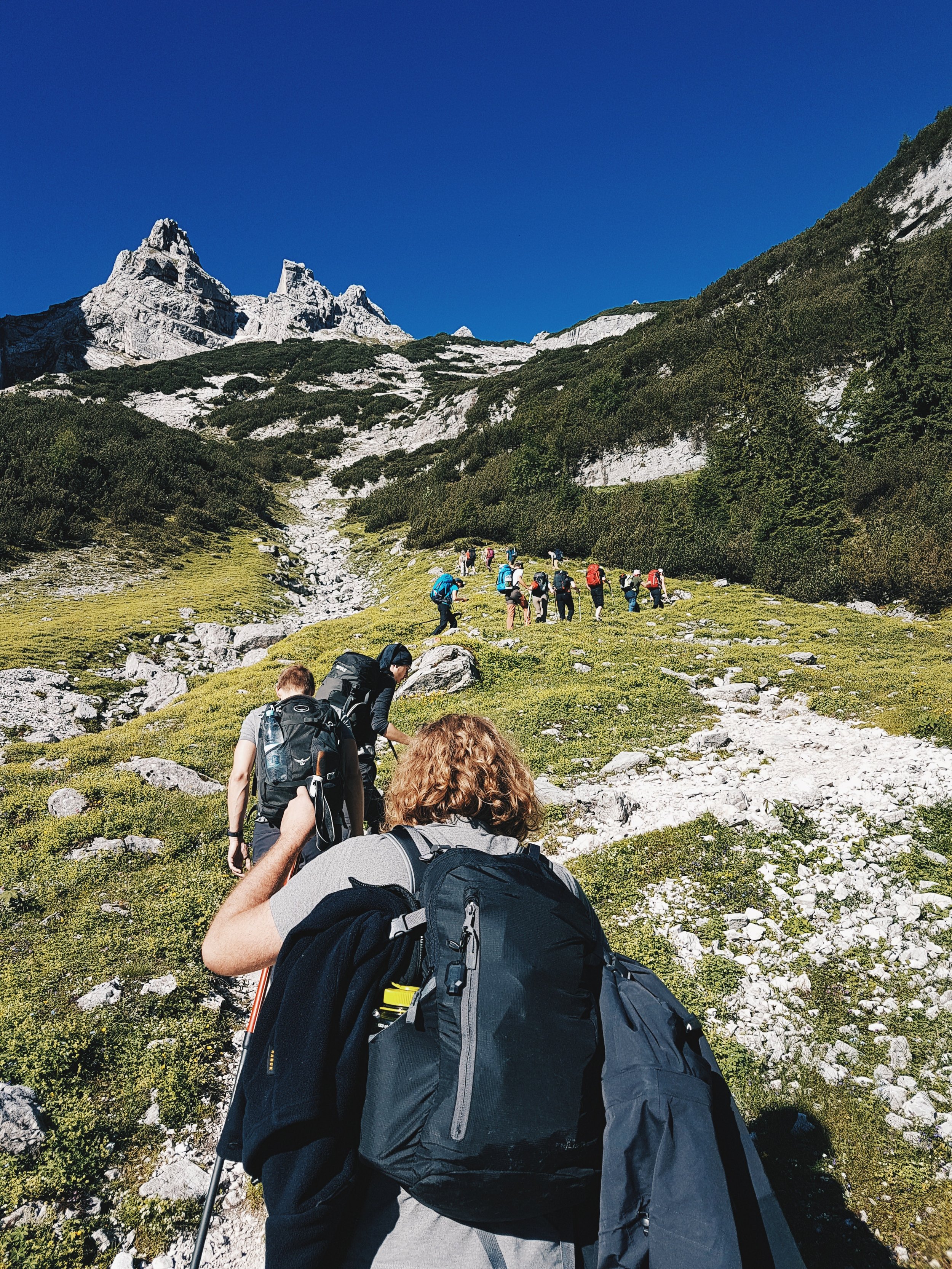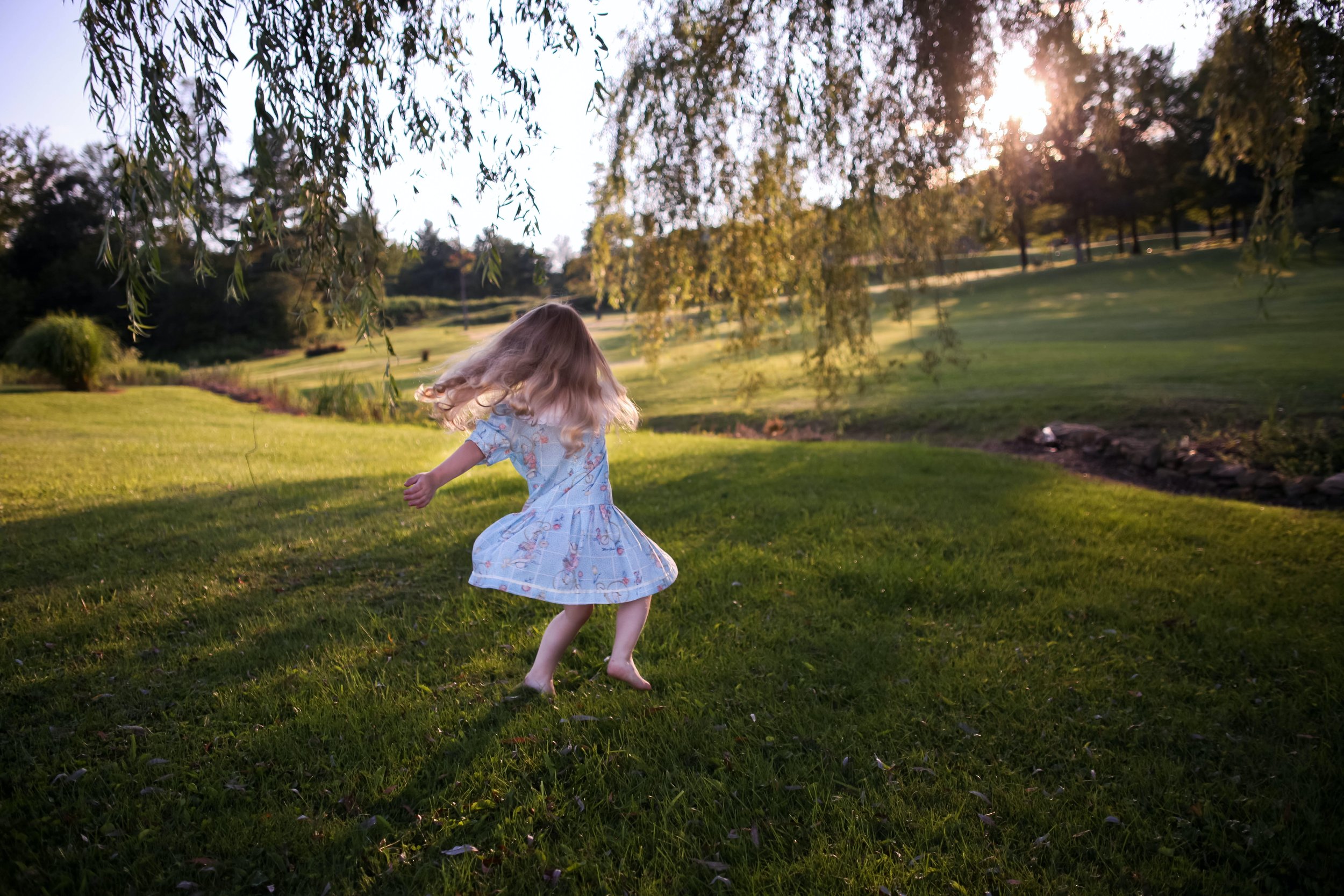What is Kinesiology?
Both a proactive and reactive approach to human movement.
Even after four years of University, and several more years in practice, my parents and friends still ask me what it is I actually do. So if you’re not quite sure what a “Kinesiolgist” does, you’re not alone.
Like most things in life, the answer can be either simple, or quite complicated, depending on how you look at it.
Kinesiology can be challenging to explain because it encompasses so many aspects of human health, and a Kinesiologist may be involved in a wide array of activities related to healthcare.
So, when I’m trying to keep it simple, my answer is:
I study human movement.
That doesn’t usually go over too well though, so I often have to elaborate…
Here’s the thing: there's a lot that goes into the movement of your body. Many different systems are involved, most notably the nervous system, musculoskeletal system and cardiovascular system. When things are functioning well, we use our bodies to move us in an efficient way and go about our lives effectively. Whether it be lifting a 200-pound barbell, scoring on a penalty kick from 12-yards out, or simply getting in and out of a car or reaching the cookie jar on the top shelf, our bodies move us to perform these tasks. But, when movement is compromised, it may be a struggle to function without occasional or ongoing pain.
So a slightly more in depth answer might be
“A major part of my work as a Kinesiologist is to help assess, correct, and optimize movement.”
I love to see patients moving well, in a strong, stable way that allows them to execute their desired task. It's my job to assess the quality of your movement, search for imbalances, inefficiencies, or compensatory patterns, and then come up with a plan that will help correct these imbalances for much more efficient and effective movement.
“ A major part of my work as a Kinesiologist is to help assess, correct, and optimize movement.”
And if you really want to know the whole scope of it
Kinesiologists use a variety of methods to create more fluid human movement, such as exercise, guided stretching, strengthening, neuromuscular training, as well as some gentle forms of manual therapy. We also have expertise in other broad factors that influence the way we move, including diet, pain management, stress relief and health education.
We also work closely with other health professionals such as Physiotherapists, Chiropractors, Occupational Therapists, Massage Therapists, and Naturopathic Doctors to ensure that your treatment plan is comprehensive and tailored to your needs.
One final note
Personally, my focus is on helping you achieve your movement goals, regardless of whether you're recovering from an injury or simply looking to tweak your exercise routine. I will tell you, though, the part I love the most about my work is the focus on prevention.
We function best in life when we're proactive rather than reactive: when we see things coming and do something about them before they arrive.
“We function best in life when we’re proactive rather than reactive: when we see things coming and do something about them before they arrive. ”
Our current healthcare system is reactive in nature, which has its place - not everything in life can be planned for or prevented and when something does come up, we need to respond. However, if we put in the work to be more proactive about certain aspects of our health, we see tremendous results in the long run. Seeing a Kinesiologist can fall into either category, and, sometimes, both: even if you come to me to recover from an injury, I will still work to adjust your movement and keep you healthy and active for the future.
So whether it be unloading the groceries from the back seat of the car, feeling confident moving up and down stairs, or achieving a higher level of performance in sport, chances are changing your movement patterns will have a big impact.
Now, aren’t you glad you asked?!
And if that didn’t answer the question thoroughly enough, please feel free to learn more about our Kinesiology services and team here or give us a call.


















